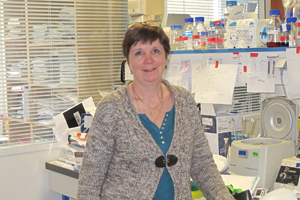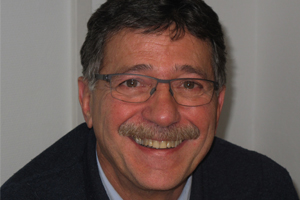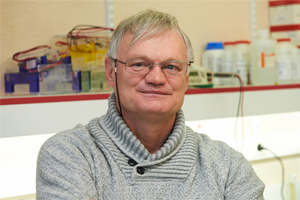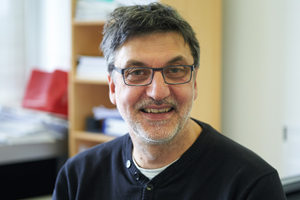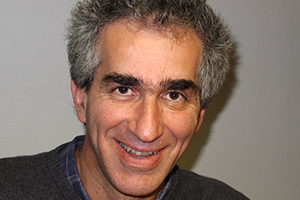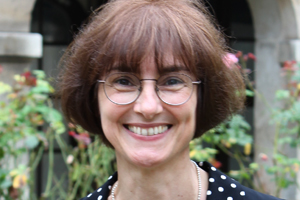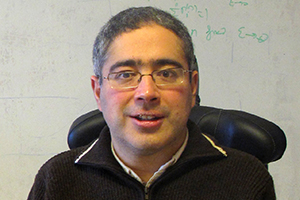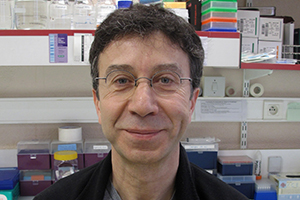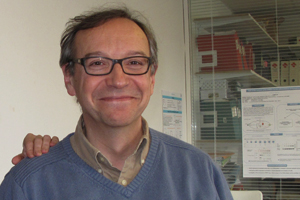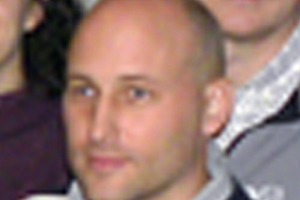Partner 10
Adaptors of signalisation in haematology)
Director of partner
Nadine.varin@inserm.fr - 0148388851Research areas :
The main objective of our Research Unit “Signalling adaptors in Haematology” is to understand how dysfunction of signalling complexes contributes to the development of lymphoid or myeloid diseases.
Our Research Unit at the UFR SMBH (Bobigny) is integrated as a translational network composed of basic scientists (Inserm, CNRS, Assistant Professors and biologists) and clinicians at the Avicenne hospital.
Our projects are supported by the use of mice deficient for key adaptor proteins in haematopoietic development. These experimental models allow us to analyse signalling pathways both in a physiological (use of deficient mice with an altered haematopoietic phenotype) and in a pathological (patients cohorts) contexts.
Research area
The scope of our team is the study of signalling adaptor proteins and their complexes involved in the regulation of haematological homeostasis and inflammatory cells signalling. Notably, the research group has a strong focus on regulatory signalling pathways emanating from immune receptors (BCR, TCR, FcR) and growth factors receptors (kit, Mpl, EpoR). The team has developed animal models for activating (Vav proteins) and inhibitory (Lnk/APS proteins) adaptors that have allowed the identification of novel cellular pathways altered in chronic haematological disorders and fibrosis.
Our topics combine basic and applied research, extending from the physiological studies to clinical applications. The translational research is strongly linked to the therapeutic value through close collaboration with the Clinical Research Center of the Avicenne Hospital (Dir. V Levy) and in partnership with pharmaceutical (Roche, Celgene, GSK) and technical (Becton Dickinson) industries. We analyse how alterations of antigen-induced signalling pathways are responsible for the heterogeneity and differential outcome of the diseases. Of particular interest, we investigate how sustained activation of the cells (as seen in autoimmune or chronic infection conditions) associated with a reduced expression of chemokines and migratory proteins is implicated in the retention of the cells that evade immune recognition within the lymph nodes. The team also develops modelisation analysis of these molecular interactions and cellular mobility in collaboration with the LAGA team (University Paris Nord).
Since its creation in 2009, the Unit has been associated with Inserm (INSERM U978) and with University Paris-Nord.

